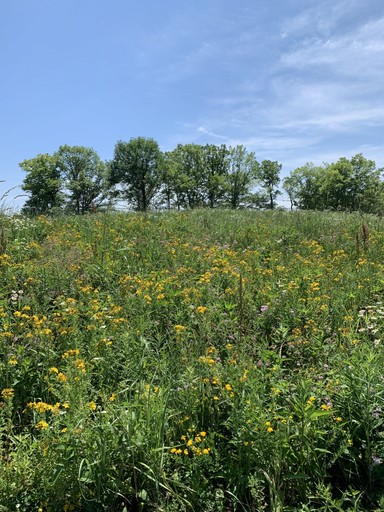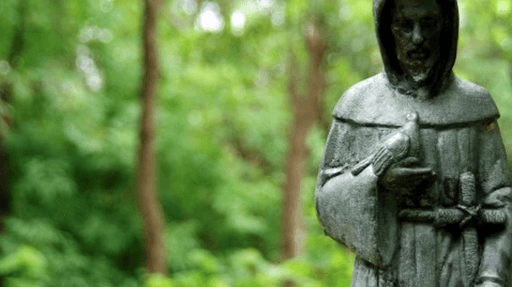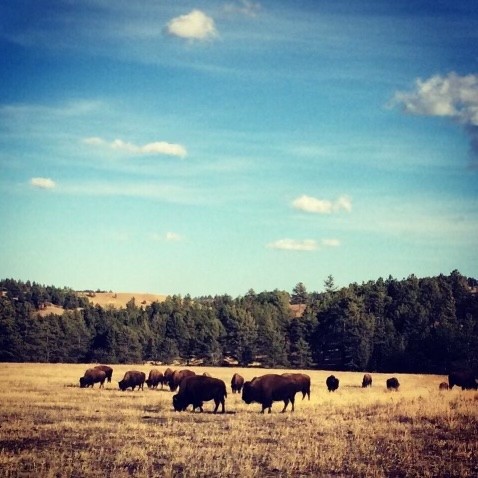As a participating congregation, you'll embark on a transformative 12-month journey, designed to align with the seasonal and liturgical cycles of your faith. This comprehensive curriculum offers:
· A 12-month curriculum aligned with seasonal and liturgical cycles to help you facilitate a learning, formation, and activation process at your church for regenerative ministry, including 7 online winter sessions (Epiphany), 7 online spring sessions (Lent/Easter), a 5-day in-person summit for congregational leaders (Pentecost), and 7 online fall sessions (Kingdomtide).
· 21 individual sessions containing online readings, recorded videos, discussion prompts, guided activities, and a leader’s guide for you to access and engage at times that work best for your congregation.
· 8 congregational leader Zoom meetings for curricular orientation, ongoing guidance and support, and collective sharing.
As a participating congregation, you will commit to:
· Complete the yearlong curriculum.
· Provide 2-3 leaders - if possible, at least one clergy and one lay member - to facilitate the curriculum for your congregation, participate in Zoom meetings, and attend the 5-day in-person summit held at Holy Wisdom Monastery in Madison, Wisconsin in the summer.
By the end of the curriculum, participating congregations will be able to:
· Draw upon a breadth of theological, moral, scientific, and spiritual resources to support ecological commitment and action.
· Apply regenerative, asset-based, and participatory approaches to ministry.
· Root your mission in place through deeper knowledge of and partnership with the land.
· Experience the power of small group empowerment coupled with broader networks of shared interest, commitment, and practice.
· Design a vision for regenerative ministry unique to your church, community, and region.
· Apply for small grants to support the implementation of your strategic vision for regenerative ministry.
Specific Details of the Partnership
As a participating congregation, you'll embark on a transformative 12-month journey, designed to align with the seasonal and liturgical cycles of your faith. This comprehensive curriculum offers:
· A 12-month curriculum aligned with seasonal and liturgical cycles to help you facilitate a learning, formation, and activation process at your church for regenerative ministry, including 7 online winter sessions (Epiphany), 7 online spring sessions (Lent/Easter), a 5-day in-person summit for congregational leaders (Pentecost), and 7 online fall sessions (Kingdomtide).
· 21 individual sessions containing online readings, recorded videos, discussion prompts, guided activities, and a leader’s guide for you to access and engage at times that work best for your congregation.
· 8 congregational leader Zoom meetings for curricular orientation, ongoing guidance and support, and collective sharing.
As a participating congregation, you will commit to:
· Complete the yearlong curriculum.
· Provide 2-3 leaders - if possible, at least one clergy and one lay member - to facilitate the curriculum for your congregation, participate in Zoom meetings, and attend the 5-day in-person summit held at Holy Wisdom Monastery in Madison, Wisconsin in the summer.
By the end of the curriculum, participating congregations will be able to:
· Draw upon a breadth of theological, moral, scientific, and spiritual resources to support ecological commitment and action.
· Apply regenerative, asset-based, and participatory approaches to ministry.
· Root your mission in place through deeper knowledge of and partnership with the land.
· Experience the power of small group empowerment coupled with broader networks of shared interest, commitment, and practice.
· Design a vision for regenerative ministry unique to your church, community, and region.
· Apply for small grants to support the implementation of your strategic vision for regenerative ministry.









